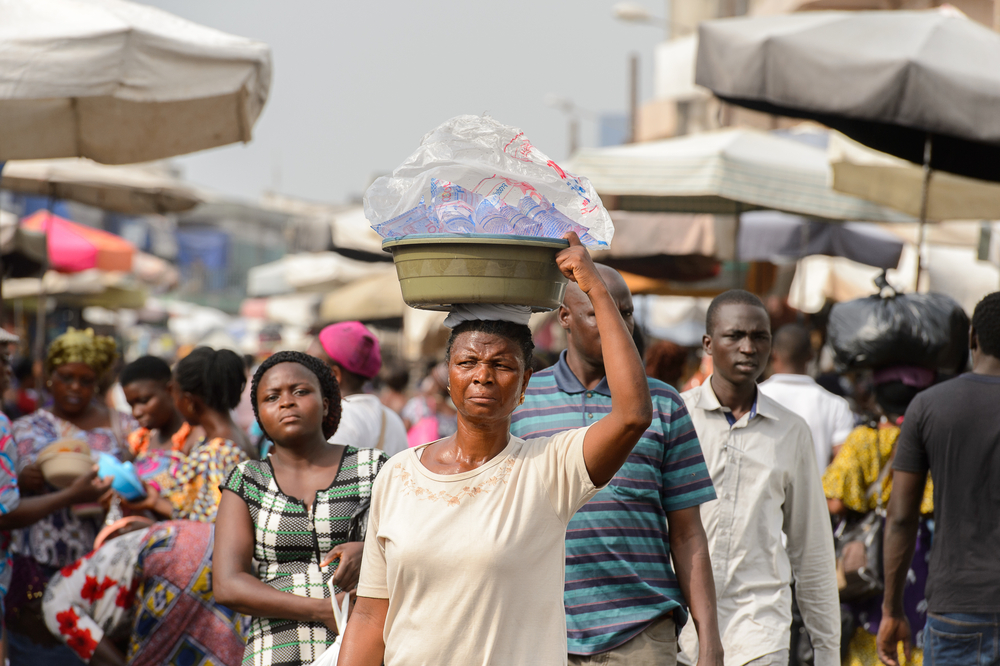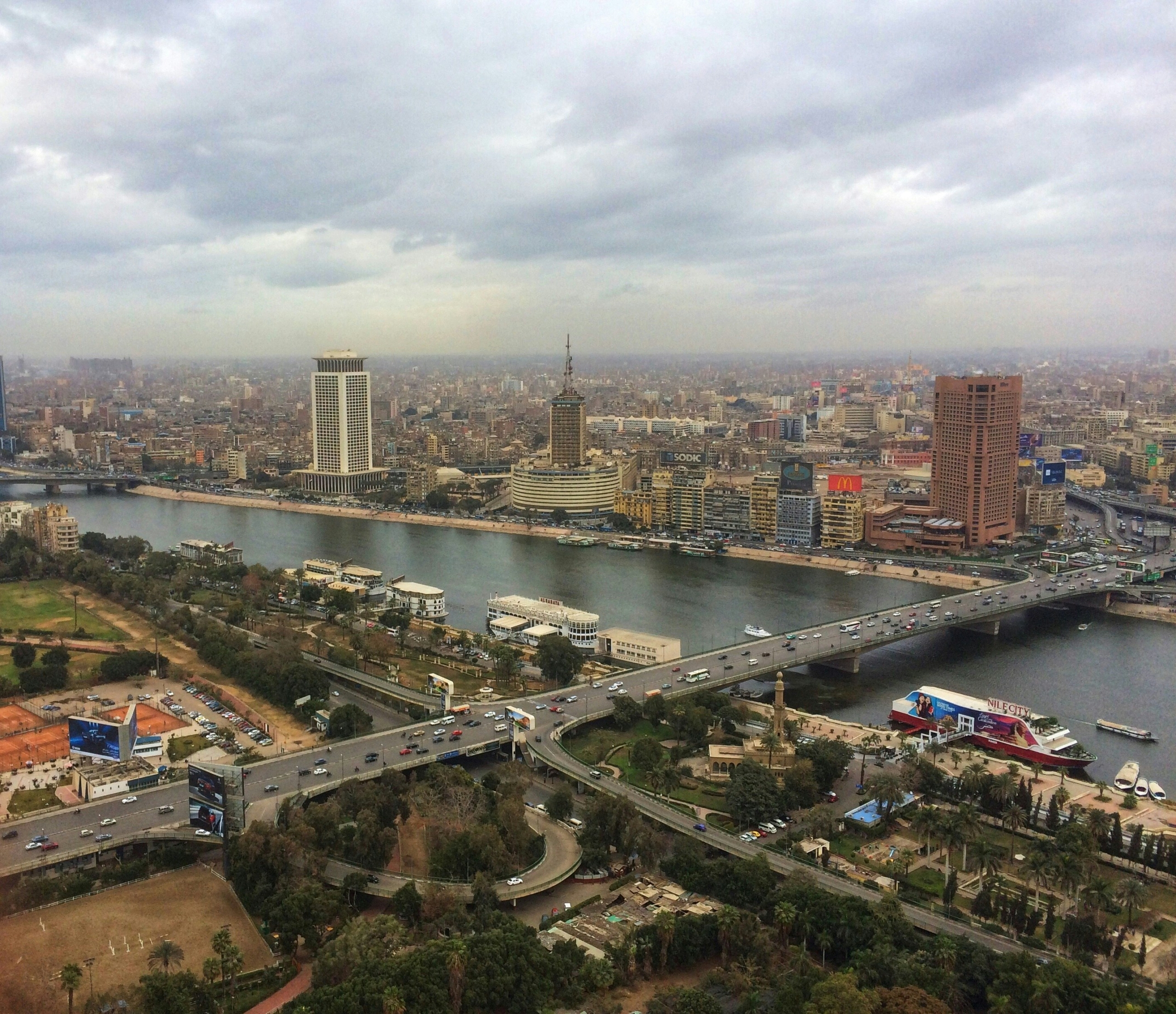We are excited to announce that Brink is now part of Africa Practice. Learn more
Africa’s debt sustainability

Many African countries were caught in a debt trap at the turn of the century. A number of initiatives, most notably the Highly Indebted Poor Countries Initiative (HIPC), resulted in constructive but challenging negotiations and the debts of African nations being written off by the Paris Club of lenders in 2007. With the slate rubbed clean, African governments were free to borrow again. Today, eight countries are at once more at risk of falling into a debt trap. Their chances of negotiating debt relief are grim.
Average external debt payments on the continent doubled between 2015-2017, from 5.9% to 11.8%. Much of this is commercial borrowing, accounting for 32% of total debt, and 55% of interest payments. There’s a real risk that debt repayments become unmanageable for nations without sufficient USD / Euro reserves who must service foreign currency debt through local currency conversions, particularly in a devaluing local currency environment.
As Sylma Du Plessis of Alkebulan, a financial advisory and structuring specialist, reminds us, “this often results in higher interest rates that directly and negatively impact the cost of living for citizens, as with the case of Zimbabwe. This is exacerbated when the sovereign bonds are subject to leverage (e.g. sale and repurchase agreements). As the bonds fall in value, the leverage gets called, bonds get sold and the country struggles to raise financing to assist in the downturn.’’
It’s easy to overestimate Chinese lending to Africa. $140bn was loaned to African nations by Chinese banks between 2000 to 2017. While the sum is large, it accounts for only 20% of all debts owed by African nations to foreign lenders today. Nor are the terms of China’s loans predatory. The China Export-Import Bank (Exim Bank), which is responsible for about 70% of Chinese loans in Africa lends at a fixed average rate of 2%. Moreover, of the eight African nations that are categorized as being under debt distress, the proportion attributable to Chinese debt is negligible.
Marcus Courage is CEO of Africa Practice Group, a strategic advisory firm operating at the nexus of industry and government throughout Africa.
Proud to be BCorp. We are part of the global movement for an inclusive, equitable, and regenerative economic system. Learn more


